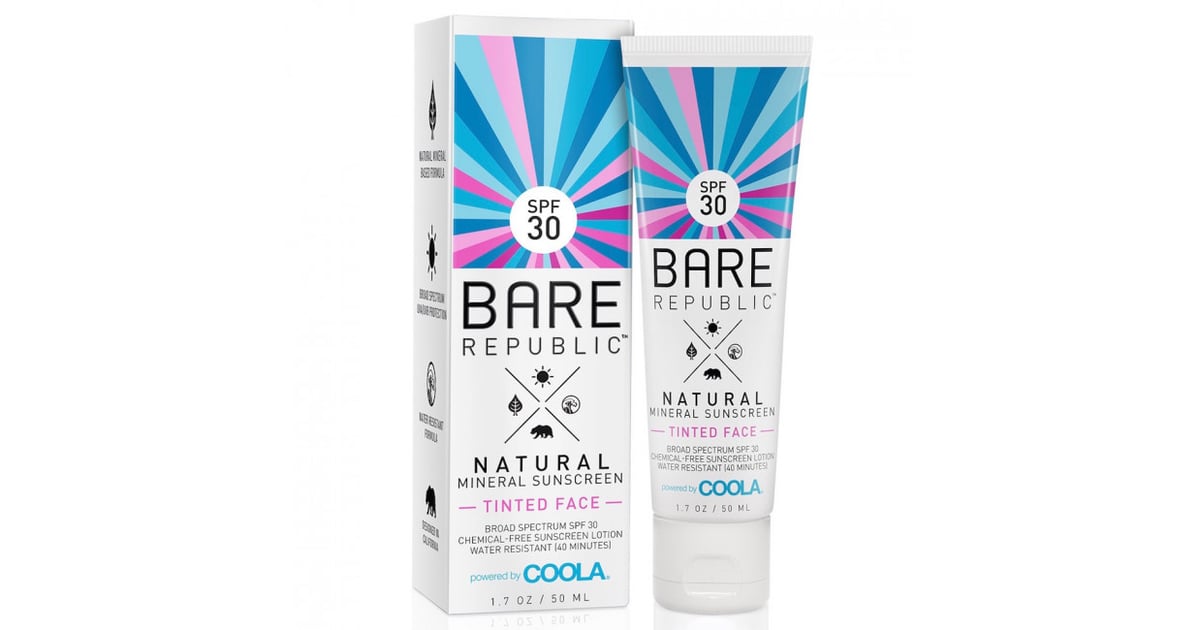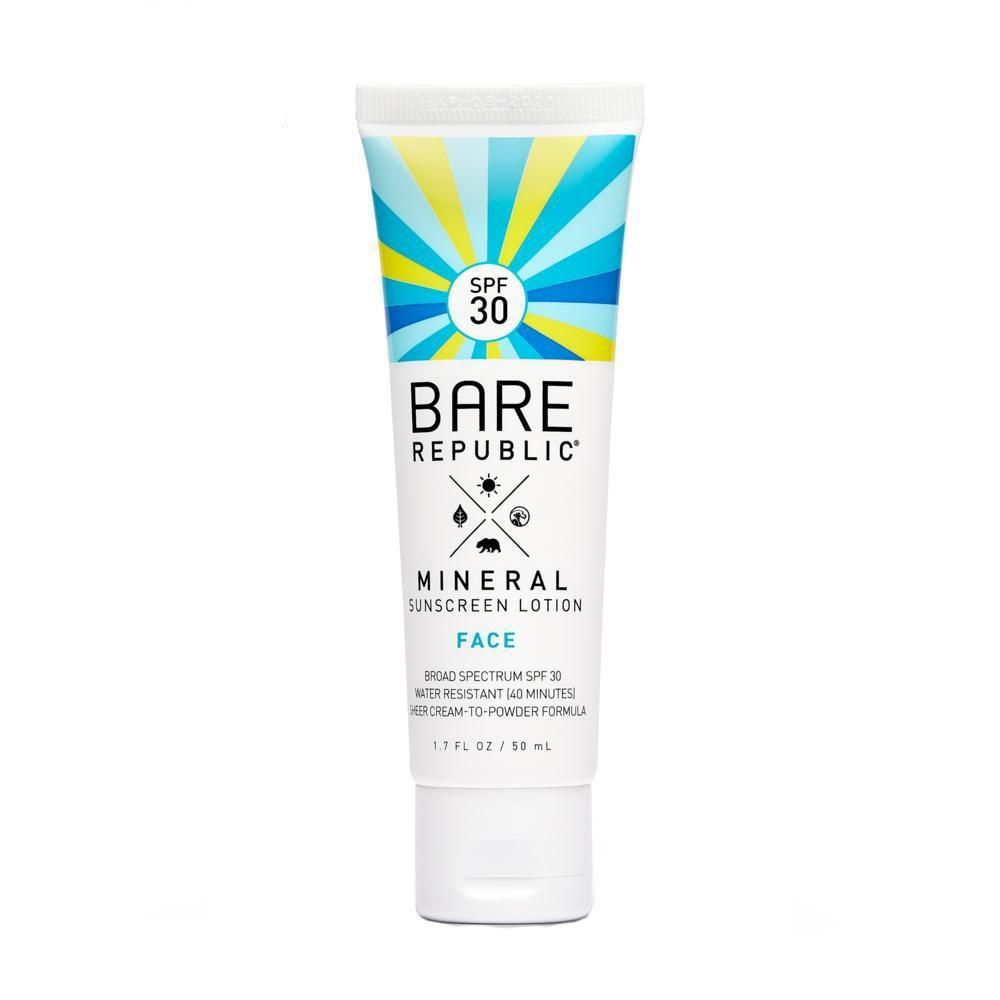

“ Mineral sunscreens typically have either zinc oxide or titanium dioxide as the two key ingredients. Jerome Potozkin, MD, founder and practitioner at PotozkinMD Skincare & Laser Center in California previously told SELF. “The key difference is referring to the active ingredient that’s actually screening the sun,” Dr.

What makes mineral and chemical SPF different from each other comes down to the way they block UV rays.

What’s the difference between chemical and mineral sunscreen? “The American Academy of Dermatology and dermatologists in general recommend SPF 30 and higher because that provides 97% of the UVB protection,” Dr. You should also pick something with SPF 30 or above. (We'd go so far as to say that these could actually make you look forward to applying SPF.Before we dive into the nitty-gritty, in general, you should look for a sunscreen that offers broad-spectrum protection, meaning it protects against UVA and UVB rays. Read on for our tried-and-true favorite body sunscreens.
#Bare republic sunscreen recall skin#
So, whether you choose a formula with bells and whistles or stick to a straightforward option, one thing is for certain: There's no excuse not to give your skin the protection it needs. The current generation of sunscreens is filled with amazing formulas that not only mitigate these common annoyances, but even impart additional benefits like luminosity, moisture, and a faux glow, to name a few. Yes, we're aware of the issues some sunscreens come cause, like leaving behind a white cast, greasy feel, or clogged pores, but the days of subpar sun protection products are mostly behind us. Tanzi recommends applying about a shot glass's worth of sunscreen for the entire body and a dime-size dollop for the face, and reapplication every two hours. Chemical formulas, on the other hand, penetrate the surface of the skin to prevent damage from the sun. Elizabeth Tanzi, MD, board-certified dermatologist and founder and director of Capital Laser & Skin Care in Chevy Chase, Maryland, has previously told Allure that these sit on the surface of the skin to deflect the sun's harmful rays. If you have sensitive skin or are pregnant, you'll also want to consider a mineral or "physical" sunscreen. New York City-based board-certified dermatologist David Colbert, MD, previously told Allure that this is what the American Academy of Dermatology (AAD) recommends because it is clinically proven to be a sufficient amount of protection to reduce the adverse effects of sunlight. Therefore, finding a good sunscreen is a must, and there are several factors that go into what makes a good sunscreen.įirst, you'll want your sunscreen (face or body) to be at least SPF 30.

In case you need a refresher, ditching your sunscreen could lead to skin concerns like hyperpigmentation, inflammation, fine lines, and - worst-case scenario - skin cancer. Practicing proper sun protection techniques, like head-to-toe SPF protection on a year-round basis, prevents UV-related skin issues in the long run. No matter what the season or how much time is spent outdoors, protecting ourselves from harmful UV rays with one of the best body sunscreens is non-negotiable.


 0 kommentar(er)
0 kommentar(er)
